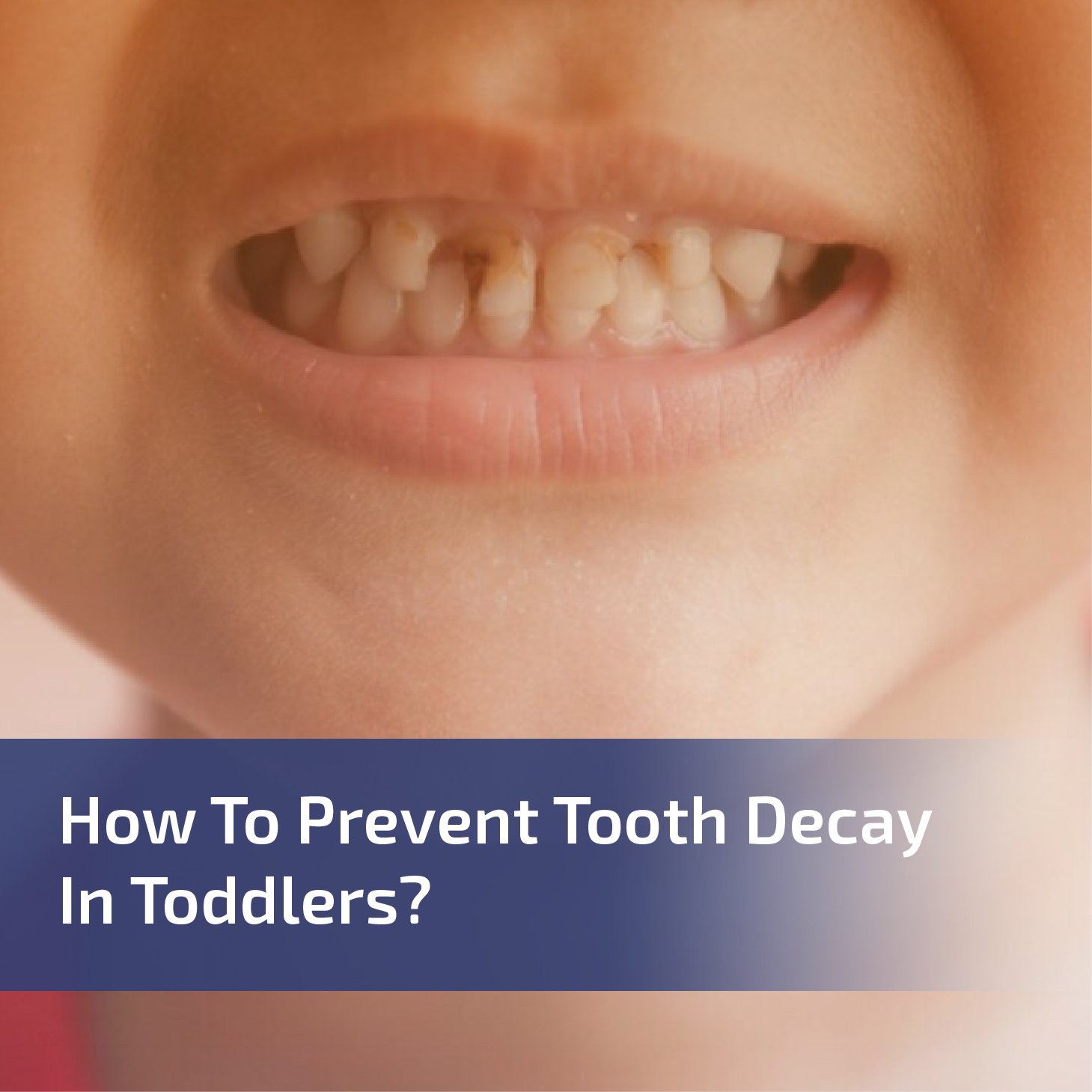
As parents, we strive to ensure the health and well-being of our children, and oral health is no exception. Tooth decay is a common problem among toddlers, and it can lead to pain, discomfort, and potential complications in their overall health.
In this article, we will discuss effective strategies and practical tips on how to prevent tooth decay in toddlers, ensuring their dental health remains in optimal condition.Tooth decay in toddlers can be prevented through a combination of proper oral hygiene practices, a balanced diet, and regular dental check-ups. By following these guidelines, you can significantly reduce the risk of tooth decay and maintain your child’s beautiful smile.
Establish a Regular Oral Hygiene Routine to Prevent Tooth Decay in Toddlers
Instilling good oral hygiene habits in your toddler from an early age is crucial for preventing tooth decay. Here’s a step-by-step guide to help you create a regular oral hygiene routine:
1. Start Brushing:
Begin brushing your toddler’s teeth as soon as the first tooth erupts. Use a soft-bristled toothbrush and a small amount of fluoride toothpaste (about the size of a grain of rice).
2. Brush Twice a Day:
Encourage your child to brush their teeth at least twice a day, ideally after breakfast and before bedtime. Make it a fun activity by using colorful toothbrushes and singing a toothbrushing song.
3. Supervise Brushing:
Until your child is around seven or eight years old, they will need assistance and supervision while brushing. Ensure they brush all surfaces of their teeth and pay extra attention to the back molars, where decay often occurs.
4. Teach Proper Technique:
Show your child how to brush in gentle, circular motions, reaching all areas of their mouth. Emphasize the importance of brushing for two minutes each time.
5. Introduce Flossing:
When your child’s teeth start to touch, usually around the age of two to three, introduce flossing. Use child-friendly floss picks or flossers to make it easier.
Potential Consequences of Neglected Tooth Decay
Neglecting tooth decay can lead to a cascade of oral and systemic health issues. Here are some potential consequences of neglected tooth decay:
1. Pain and Discomfort:
One of the earliest and most noticeable effects of progressing tooth decay is pain. This can range from mild sensitivity to hot and cold to severe, constant pain.
2. Abscess Formation:
An abscess is a pocket of pus that can form around the root of an infected tooth. This can result in intense pain and requires immediate treatment to prevent the spread of the infection.
3. Swelling:
Neglected tooth decay can lead to swelling in the face, especially around the affected tooth or in the jaw.
4. Gum Disease:
Decay can lead to gum disease (gingivitis) and if left untreated, can progress to a more severe form called periodontitis. This can result in gum recession, loss of supporting bone, and eventual tooth loss.
5. Tooth Loss:
As decay progresses, the structural integrity of the tooth is compromised, increasing the risk of breakage or loss.
6. Spread of Infection:
If not addressed, the infection from tooth decay can spread to surrounding teeth, tissues, and even bones.
Maintain a Healthy Diet to Prevent Tooth Decay in Toddlers
A balanced and nutritious diet plays a significant role in preventing tooth decay. Follow these dietary tips to safeguard your toddler’s dental health:
1. Limit Sugary Foods and Drinks:
Sugary snacks and beverages, such as candies, cookies, and soda, contribute to tooth decay. Minimize their consumption and opt for healthier alternatives like fruits, vegetables, and water.
2. Avoid Prolonged Bottle Feeding:
Extended bottle feeding, especially with sugary drinks or milk, can lead to tooth decay. Encourage your toddler to use a regular cup as they approach their first birthday.
3. Choose Tooth-friendly Snacks:
Opt for snacks that promote dental health, such as cheese, yogurt, and crunchy fruits and vegetables. These foods stimulate saliva production and help cleanse the teeth naturally.
4. Be Mindful of Meal Times:
Encourage regular meal times and avoid frequent snacking throughout the day. This allows the mouth’s natural defenses to work effectively in neutralizing acids and preventing tooth decay.
Schedule Regular Dental Check-ups to Prevent Tooth Decay in Toddlers
Regular dental check-ups are essential for monitoring your toddler’s oral health and identifying any potential issues at an early stage. Follow these guidelines to ensure optimal dental care:
1. Start Early:
Aim to schedule your child’s first dental visit by their first birthday or within six months of their first tooth erupting. This allows the dentist to assess their oral health and provide guidance on preventive measures.
2. Regular Check-ups:
Schedule dental visits every six months or as recommendedby your dentist. These regular check-ups enable the dentist to monitor your toddler’s oral health, perform professional cleanings, and address any concerns promptly.
3. Fluoride Treatments:
Depending on your child’s risk of tooth decay, your dentist may recommend fluoride treatments. Fluoride helps strengthen tooth enamel and protects against cavities.
4. Dental Sealants:
Dental sealants are thin, protective coatings applied to the chewing surfaces of molars. They act as a barrier against bacteria and food particles, reducing the risk of decay. Your dentist may recommend sealants for your toddler’s permanent molars.
Conclusion
Preventing tooth decay in toddlers is essential for their overall health and well-being. By establishing a regular oral hygiene routine, maintaining a healthy diet, and scheduling regular dental check-ups, you can effectively safeguard your child’s dental health. Remember to start early, be consistent, and lead by example to instill good oral hygiene habits that will last a lifetime.